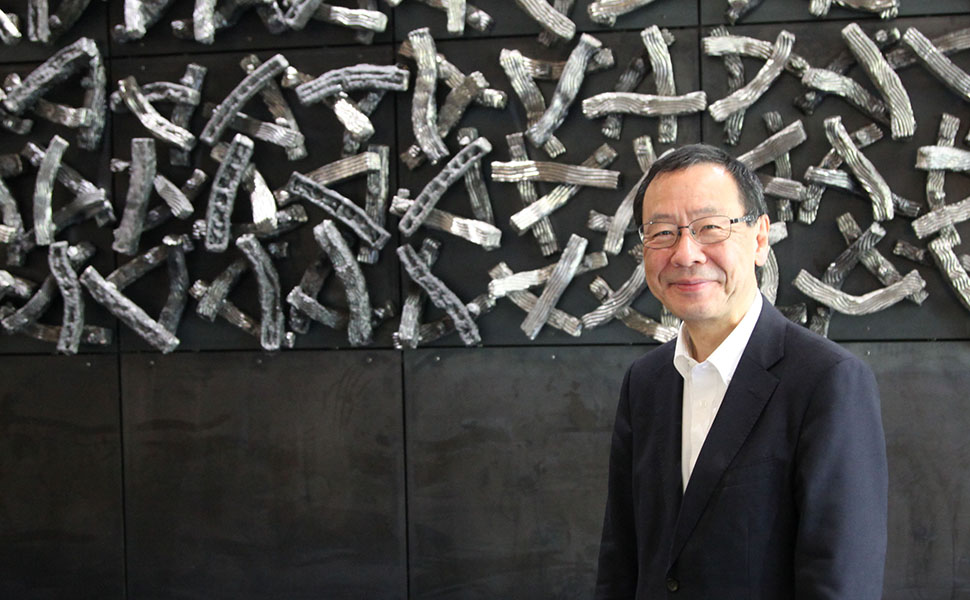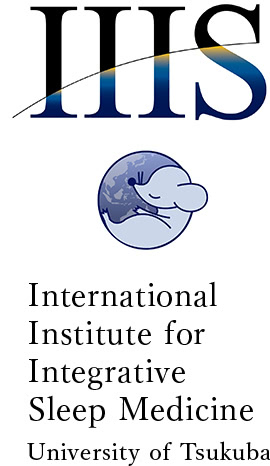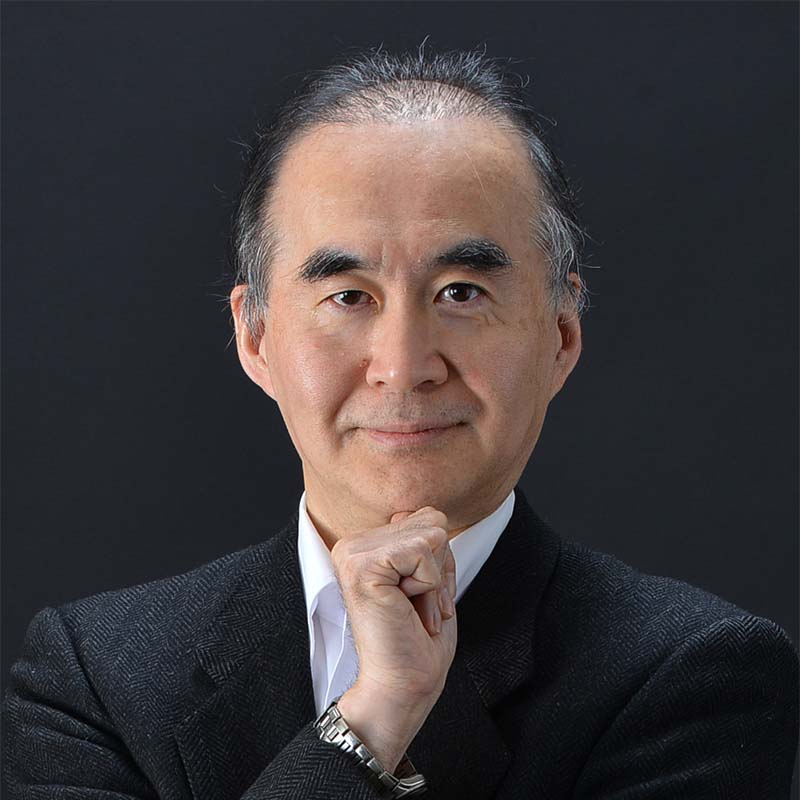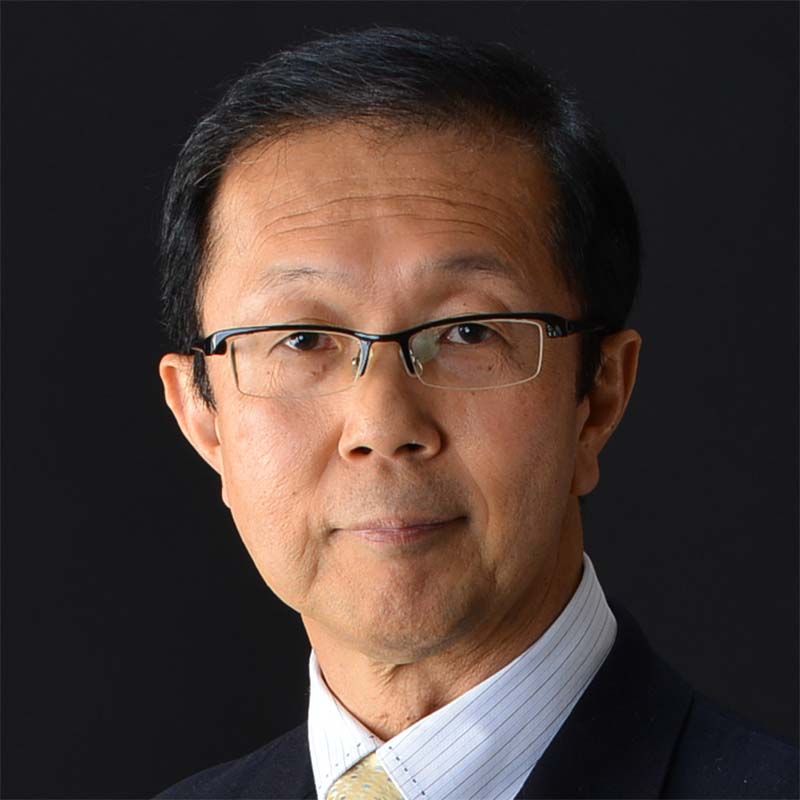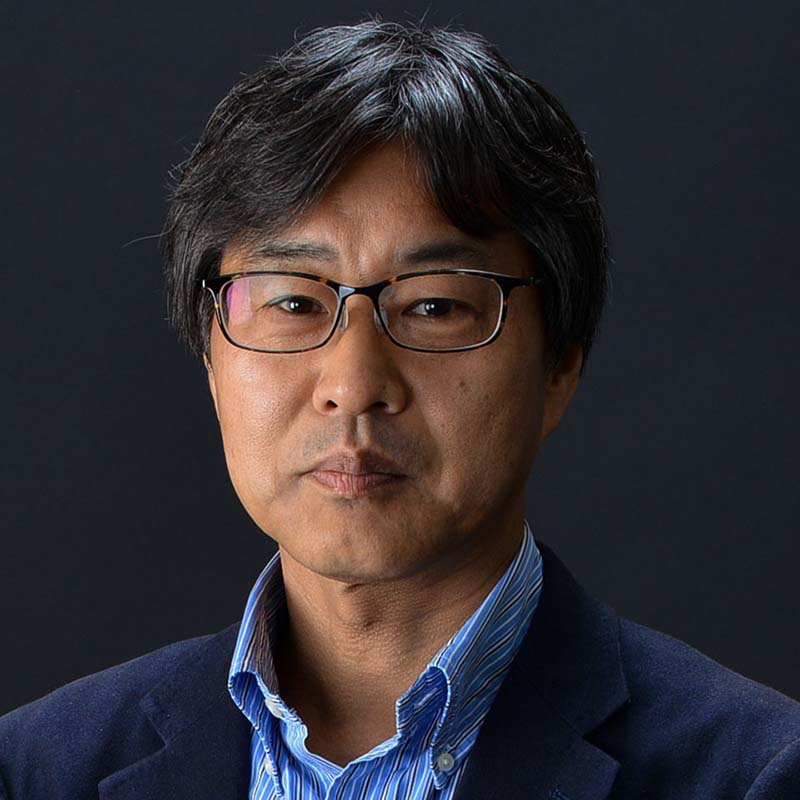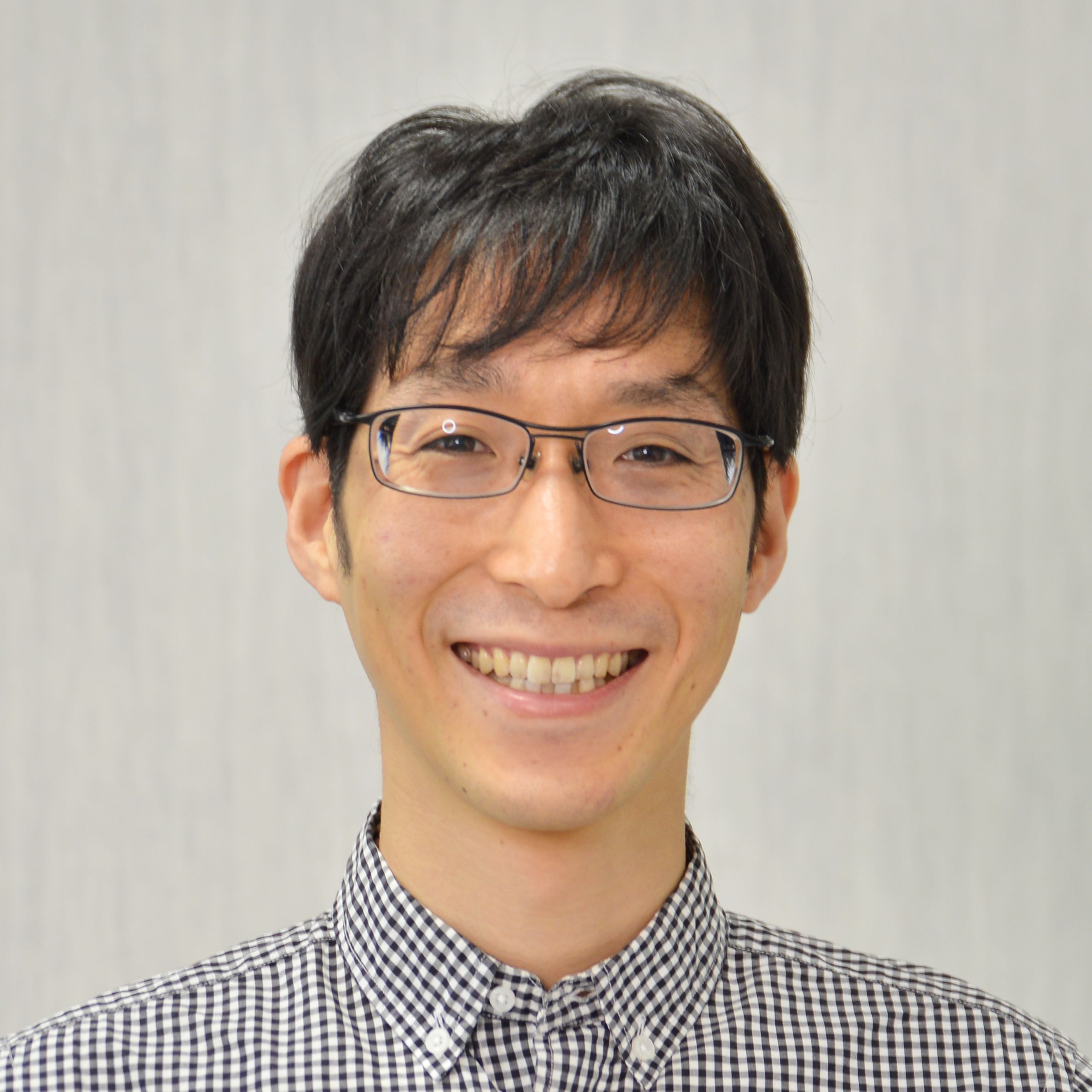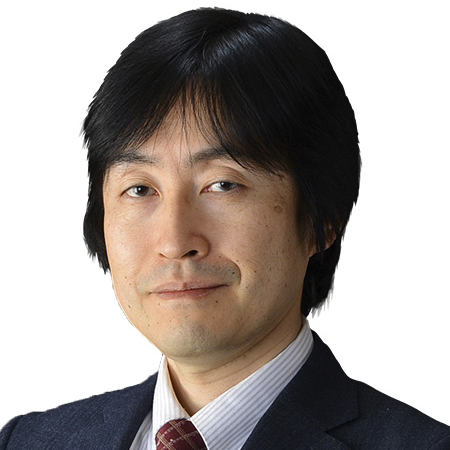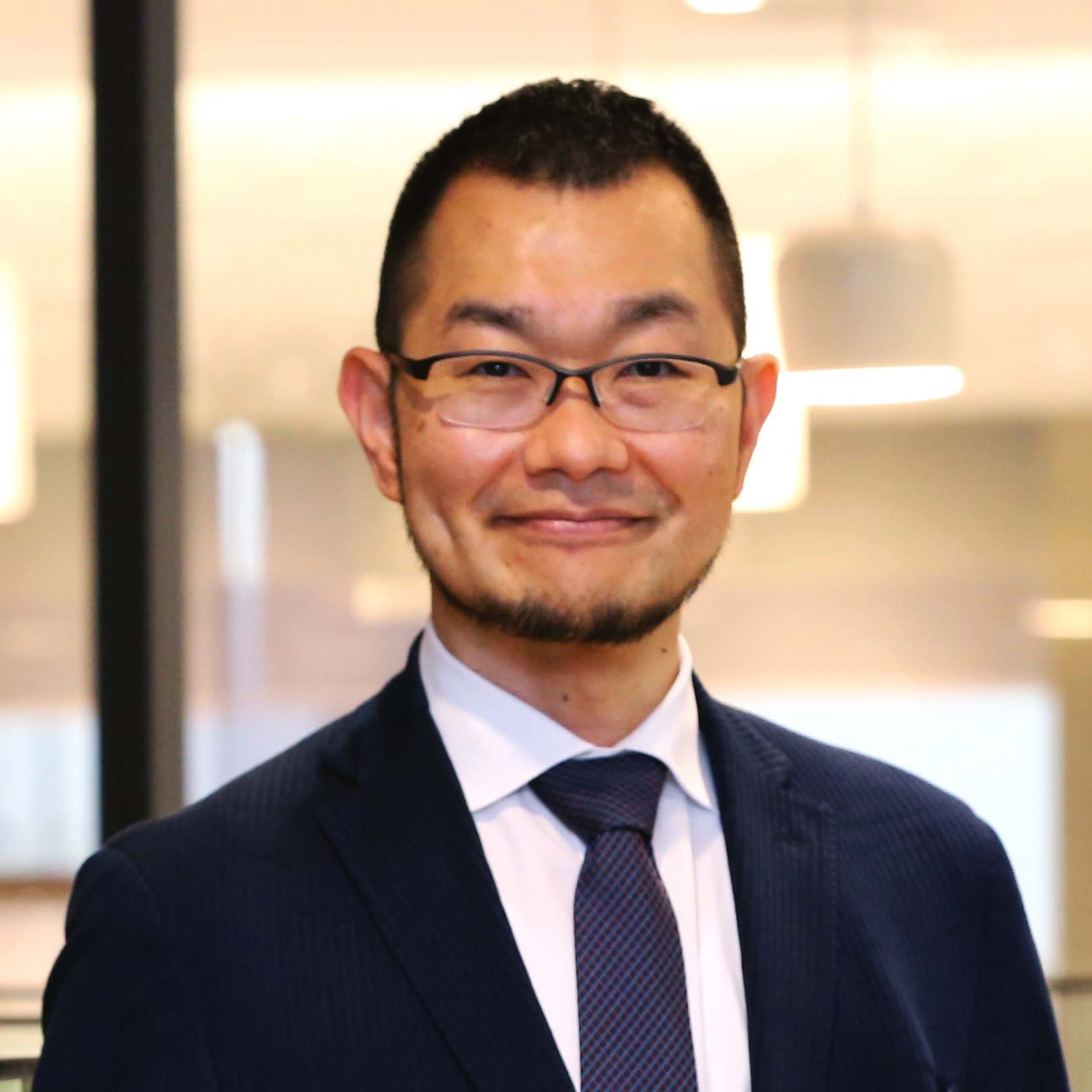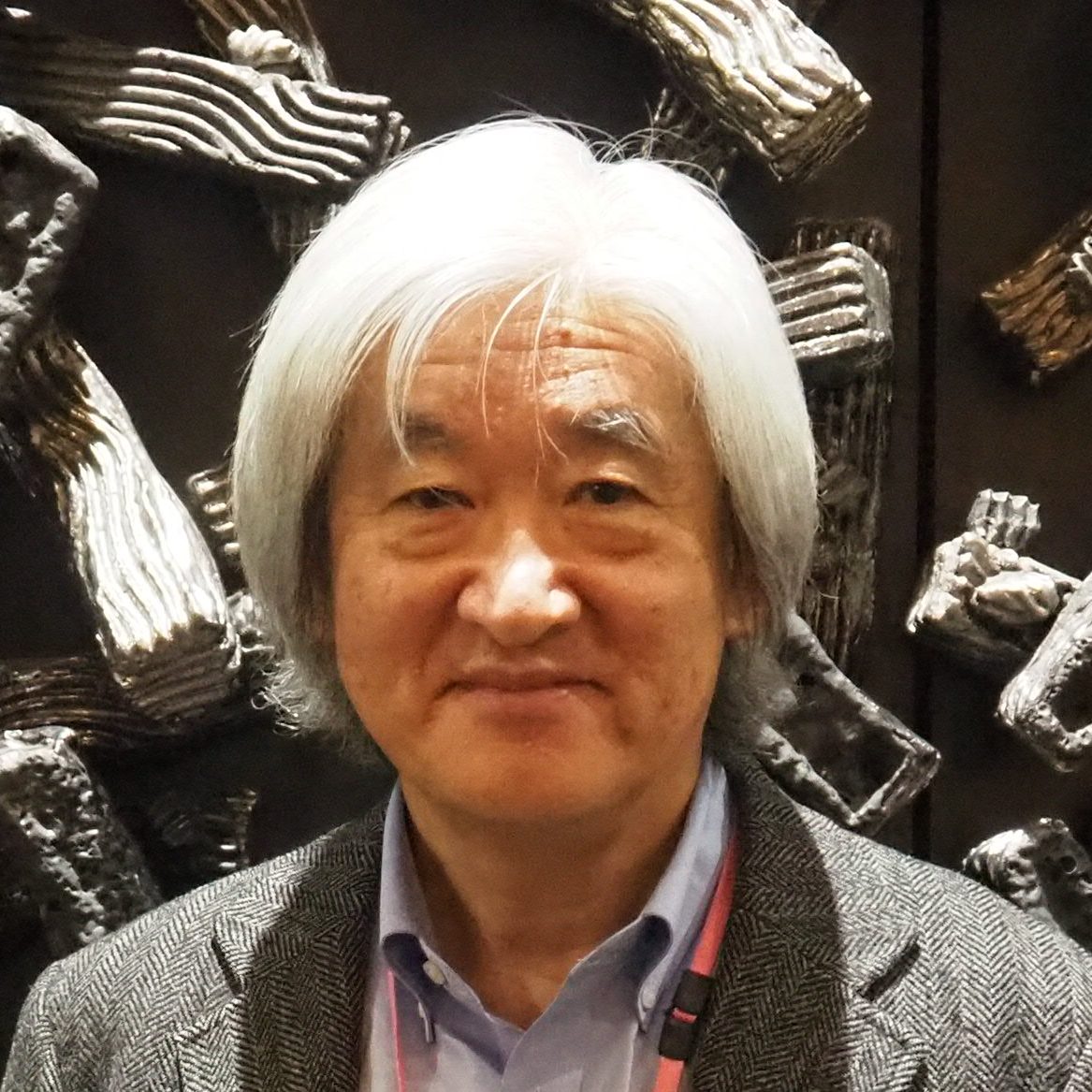01 Research Summary
Data exploration is recognized as the fourth paradigm of science after experimentation, theory, and simulation. Data-intensive research has become more important in science, and sleep medicine is no exception. Previously, special measuring equipment and hospitalization were required to collect sleep data for analysis and diagnosis. However, advances in IT have made it possible to easily collect sleep data at home. Our research approaches the science of sleep from the perspectives of data science and engineering. To visualize and digitize sleep, we conduct research and development on sleep data acquisition, data-driven sleep analysis, and comprehensive analysis that integrates data such as daily sleep habits, lifestyle, and medical history. To strengthen our foundational technologies, we also actively engage in computer science research such as big data analysis, databases, data mining, and machine learning.
| Link |
|---|
02 Major achievement
Bou K, Kitagawa H, Amagasa T. CPiX: Real-Time Analytics over Out-of-Order Data Streams by Incremental Sliding-Window Aggregation. IEEE T Knowl Data En. 2021. Doi: 10.1109/TKDE.2021.3054898
Yamabe M, Horie K, Shiokawa H, Funato H, Yanagisawa M, Kitagawa H. MC-SleepNet: Large-scale Sleep Stage Scoring in Mice by Deep Neural Networks. Sci Rep 9: 15793. 2019. Doi: 10.1038/s41598-019-51269-8.
Papadimitirou S, Kitagawa H, Gibbons PB, Faloutsos C. LOCI: Fast Outlier Detection Using the Local Correlation Integral. 2003. Proc. 19th IEEE Int Conf Data En (ICDE 2003): 315-326. Doi: 10.1109/ICDE.2003.1260802
03 Education/Academic background and major awards
Education/Academic background
| Mar. 1978 | B. Sc. degree in Physics from the University of Tokyo |
|---|---|
| Mar. 1980 | M. Sc. degree in Computer Science from the University of Tokyo |
| 1981-1988 | Researcher, NEC Corporation, Tokyo |
| 1984-1985 | Visiting Researcher, University of Maryland |
| June 1987 | Dr. Sc. degree in Computer Science from the University of Tokyo |
| 1988-1990 | Lecturer, Institute of Information Sciences and Electronics, University of Tsukuba |
| 1990-1998 | Associate Professor, Institute of Information Sciences and Electronics, University of Tsukuba |
| 1998-2004 | Professor, Institute of Information Sciences and Electronics, University of Tsukuba |
| 2001-2002 | Visiting Researcher, Carnegie Mellon University |
| 2004-2021 | Professor, Center for Computational Sciences, University of Tsukuba |
| 2012-2014 | President, Database Society of Japan |
| 2021-2025 | Professor, International Institute for Integrative Sleep Medicine, University of Tsukuba |
| 2025-Present | Specially Apppointed Professor, International Institute for Integrative Sleep Medicine, University of Tsukuba |
Awards
| 2003 | IEICE Excellent Paper Award |
|---|---|
| 2006 | IPSJ Fellow |
| 2006 | IEICE Fellow |
| 2008 | IEICE Excellent Paper Award |
| 2010 | Best paper award, iiWAS2010 |
| 2013 | DBSJ Excellent Paper |
| 2015 | Best paper award, CAiSE2015 |
| 2015 | Best paper award, iiWAS 2015 |
| 2016 | Best paper award, DEXA2016 |
| 2017 | Best paper award, ICDIM2017 |
| 2019 | IPSJ-CS Outstanding Achievement and Contribution Award |
| 2021 | IPSJ Outstanding Paper Award |
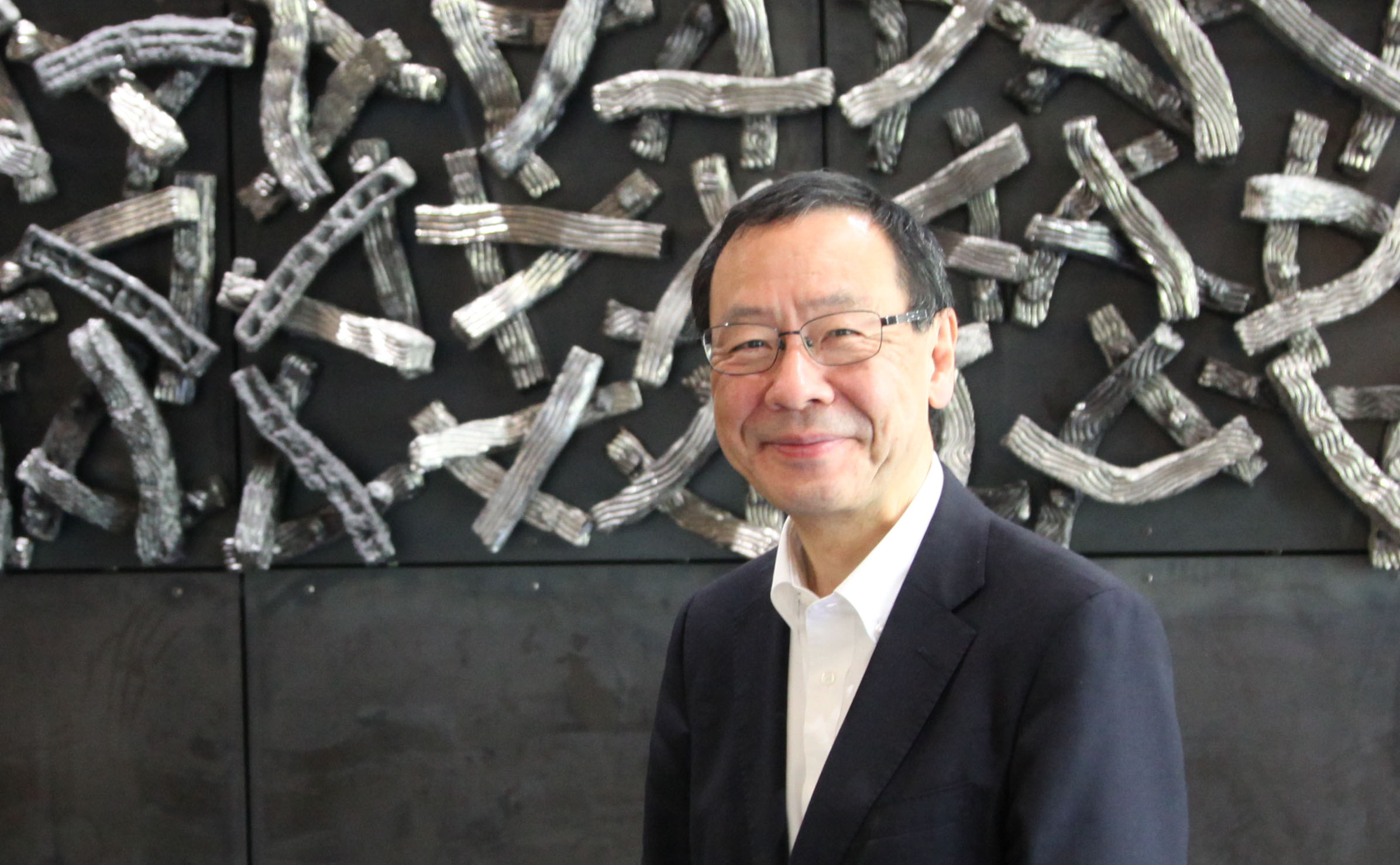
Why did you become a scientist?
I wanted to contribute to the research and development of the most advanced technologies
My research area is computer science, especially the database field. As a young university student, I gradually became interested in academia and research. At the time, computers were a cutting-edge technology. Major universities in Japan were establishing new departments and graduate schools in information technology. I decided to become a researcher in the information field because I wanted to contribute to the research and development of the most advanced technologies. I began working on databases, which was a relatively new field in computer science, and database systems that manage large-scale data since I found them interesting. Today, information technology is the foundation of all human activities and a major driving force for social change. Recently, the importance of data such as big data has been widely recognized, and AI is utilized in all fields by learning from large-scale data. I have been involved in database research for over 40 years. Through my research I have met many people, research subjects, and academic fields. Currently, I am applying database research to sleep medicine. I would like to continue to work on various research topics and contribute to society by making the most of my data expertise.
What are the characteristics of your lab?
Strong technical background in data-centric computer science
One feature of our laboratory is a strong technical background in data-centric computer science. Today, the importance of data is widely recognized, and large-scale data-intensive approaches are employed to advance research and development in various fields. This includes sleep medicine. Data-related technologies such as data analysis, data management, applications of machine learning and deep learning can accelerate and advance not only research but also practical applications. In our laboratory, we work on research and development of such technologies in collaboration with the Center for Computational Sciences. So far, we have developed methods to automate sleep stage scoring and sleep feature extraction by applying deep learning to biological sleep data such as EEG and EMC signals of mice and humans. We also have practical applications of some of these technologies. If you are interested in data-centric technologies such as databases, big data analysis, data mining, and their applications in sleep medicine, please feel free to contact us.
What are you most interested in lately
Model railroads
Since I was a child, railways have fascinated me. There are various genres of railroad hobbies such as photography, train riding, and sound collection. A long time ago, I traveled all over Japan to take railroad photographs. These days, my main hobby is model railroads. In my free time, I would like to make a diorama to run my favorite train models.
Core Group
-
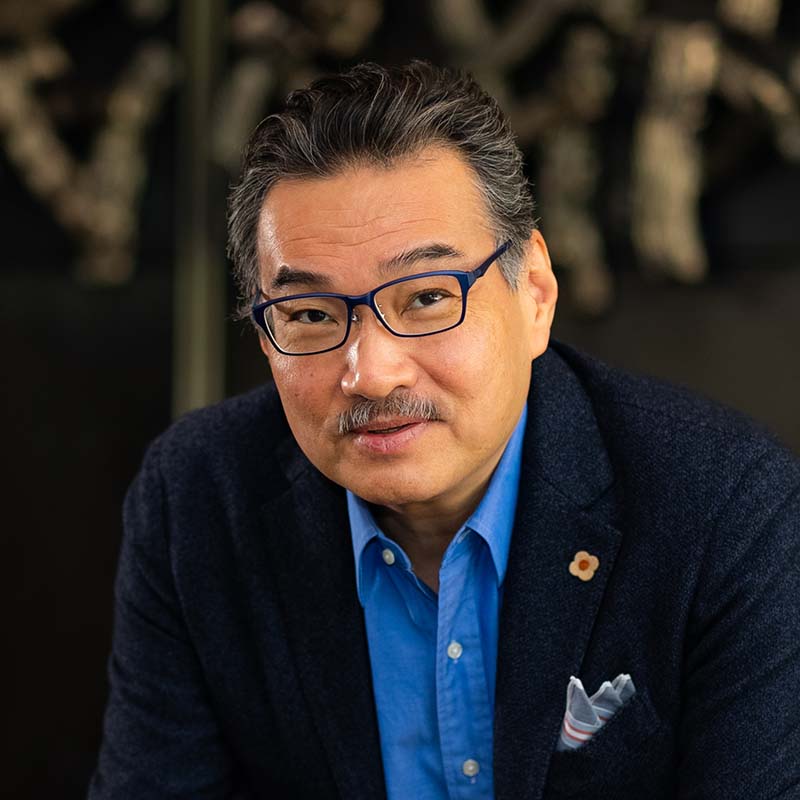
Neuroscience
Masashi Yanagisawa
-
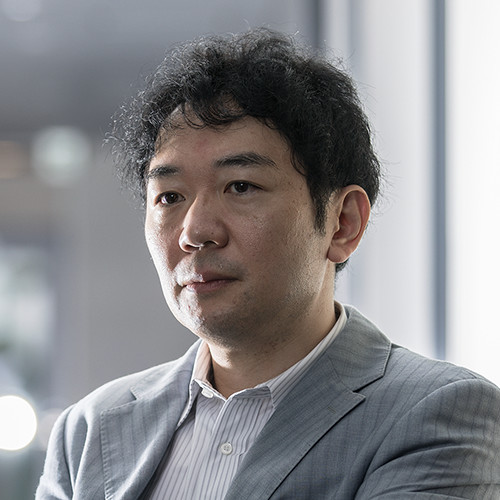
Neuroscience
Takeshi Sakurai
-
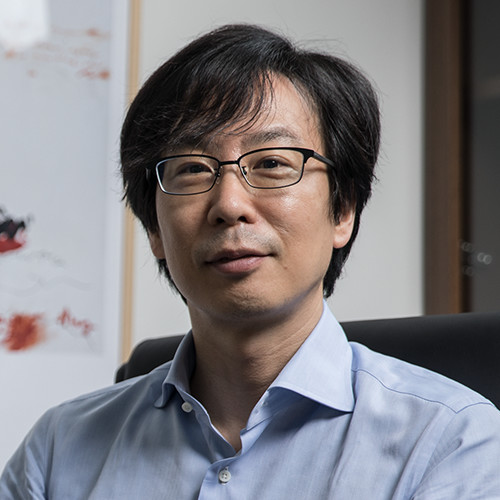
Neuroscience
Hiromasa Funato
-
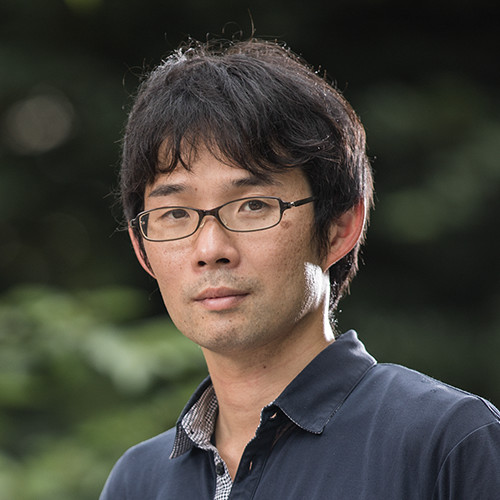
Neuroscience
Yu Hayashi
-
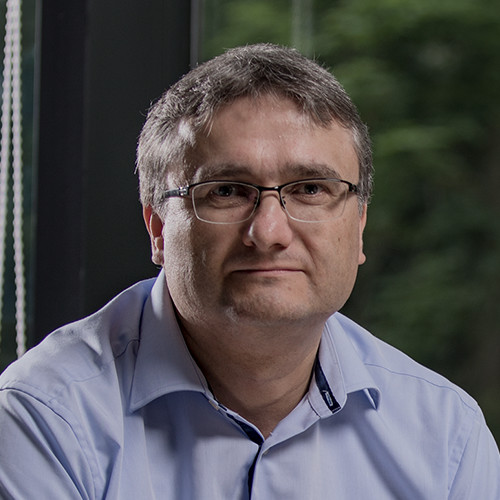
Neuroscience
Michael Lazarus
-
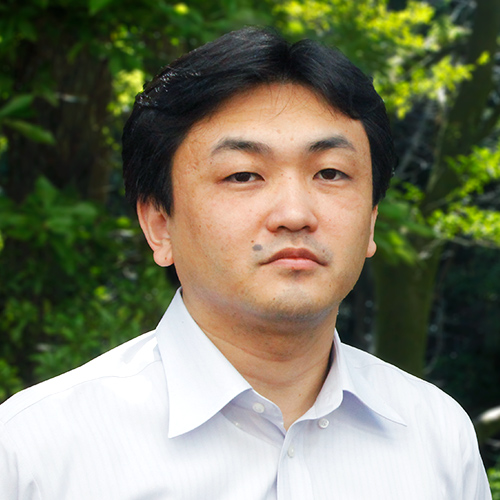
Neuroscience
Yo Oishi
-
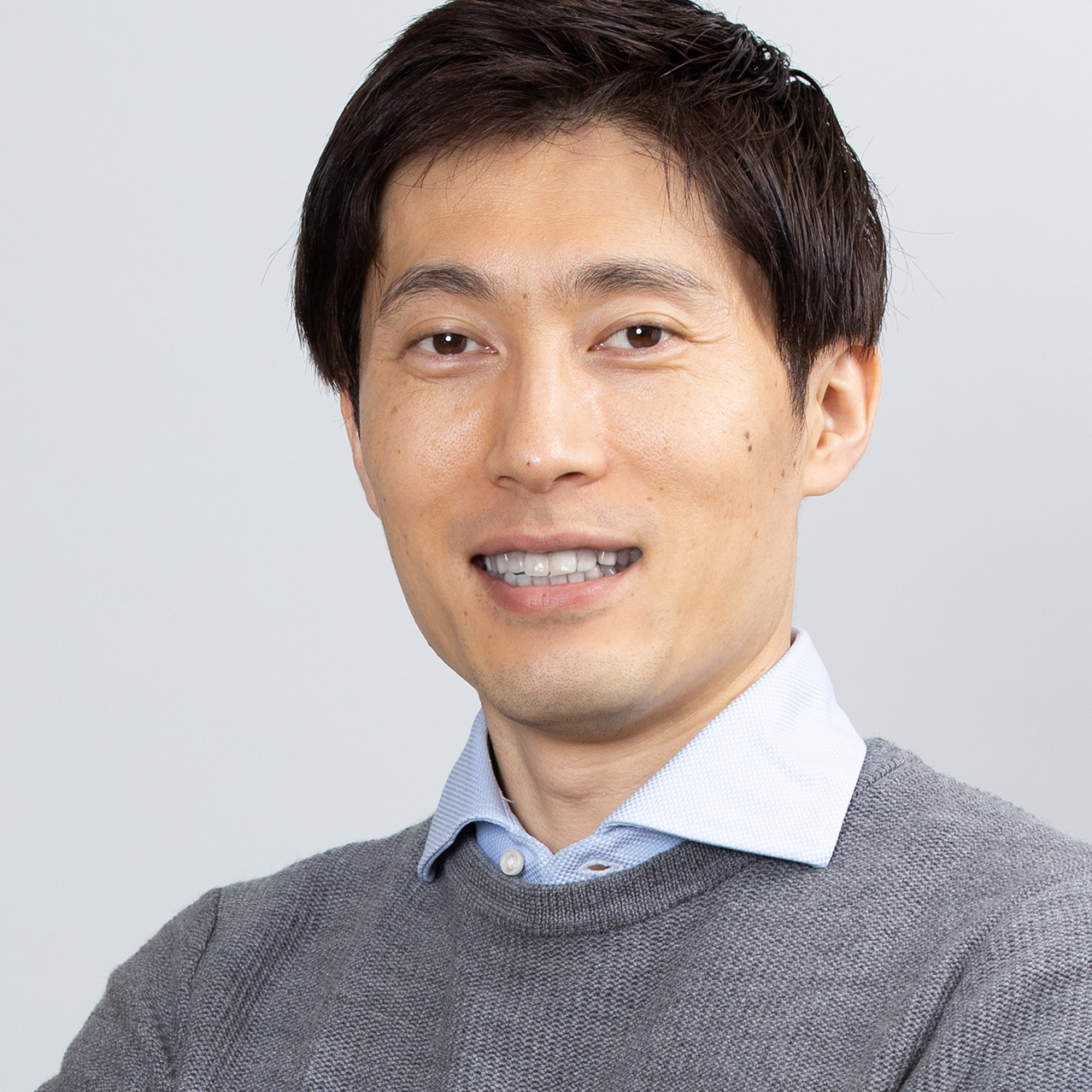
Neuroscience
Masanori Sakaguchi
-
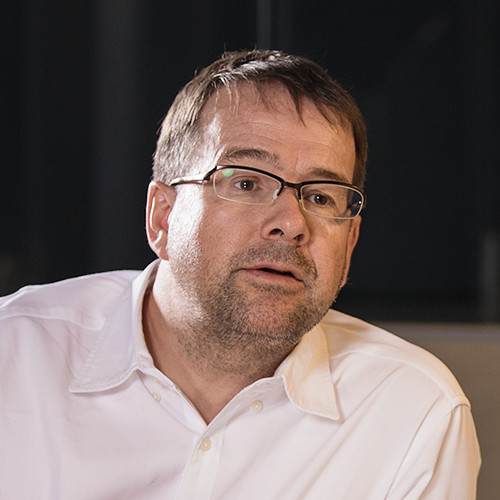
Neuroscience
Kaspar Vogt
-
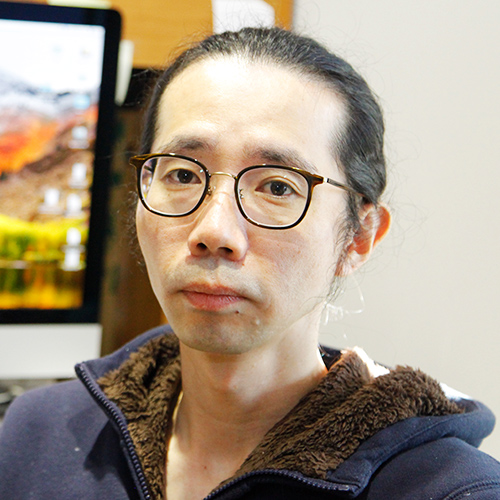
Neuroscience
Katsuyasu Sakurai
-
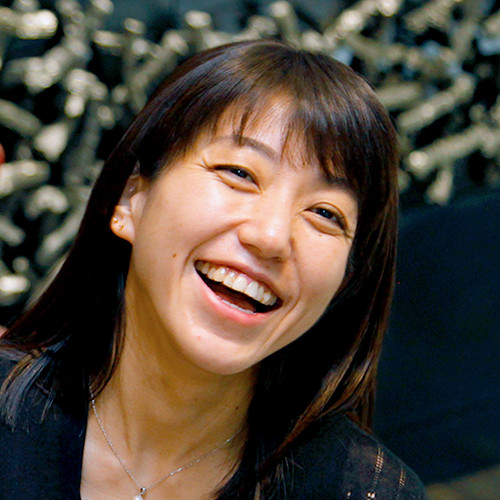
Neuroscience
Sakiko Honjoh
-
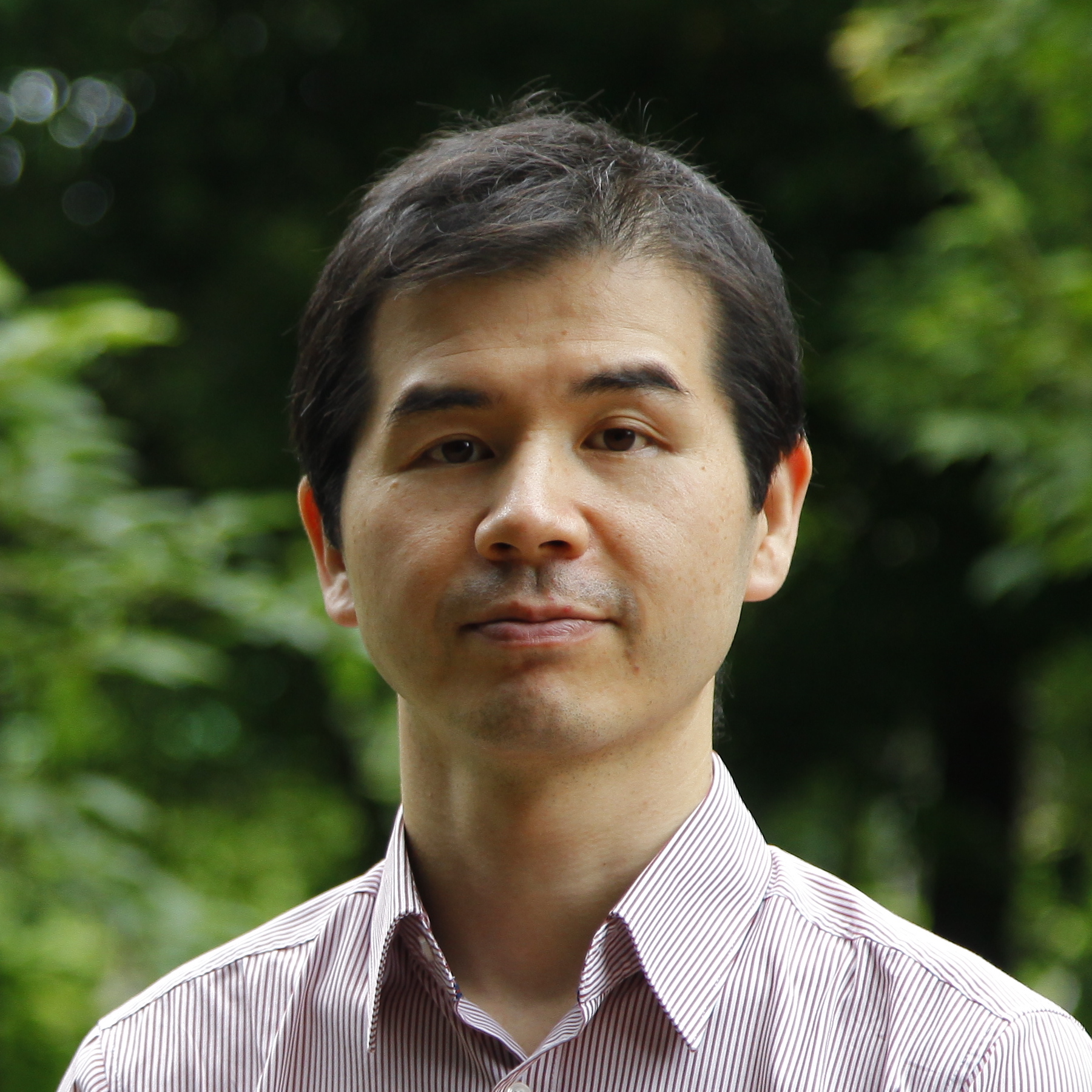
Neuroscience
Hirofumi Toda
-
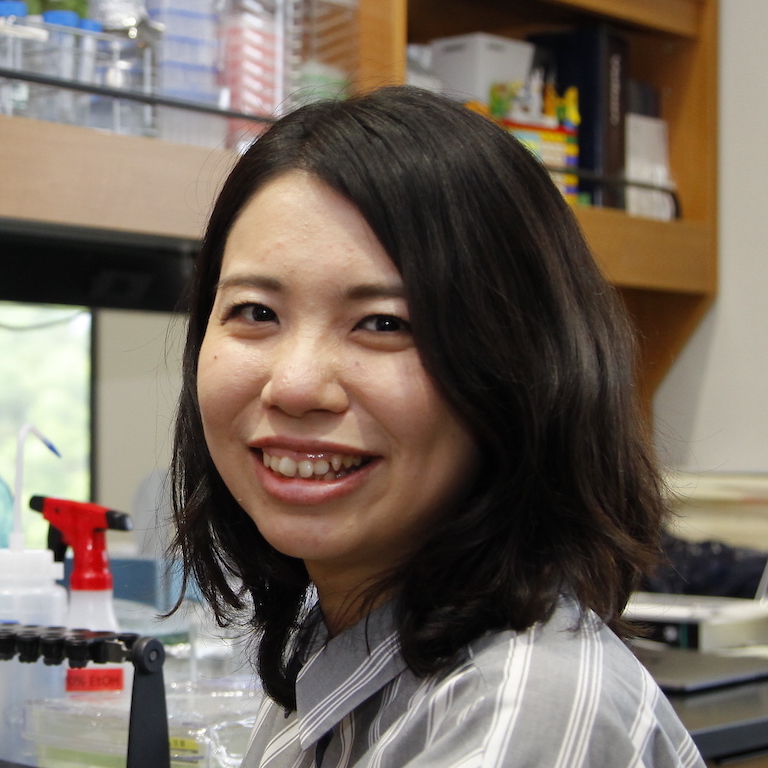
Neuroscience
Arisa Hirano
-
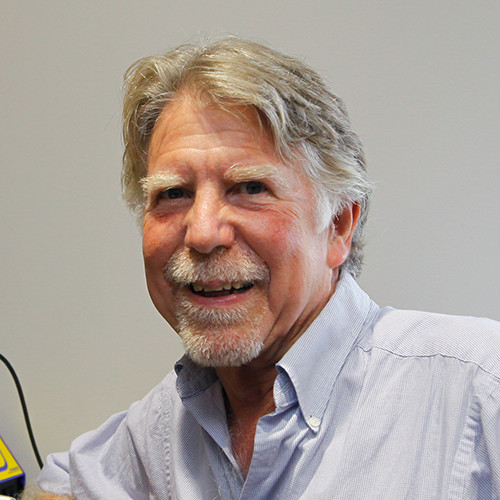
Neuroscience
Robert Greene
-
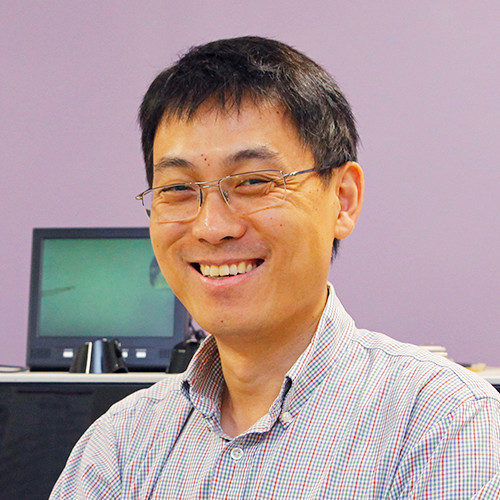
Neuroscience
Qinghua Liu
-
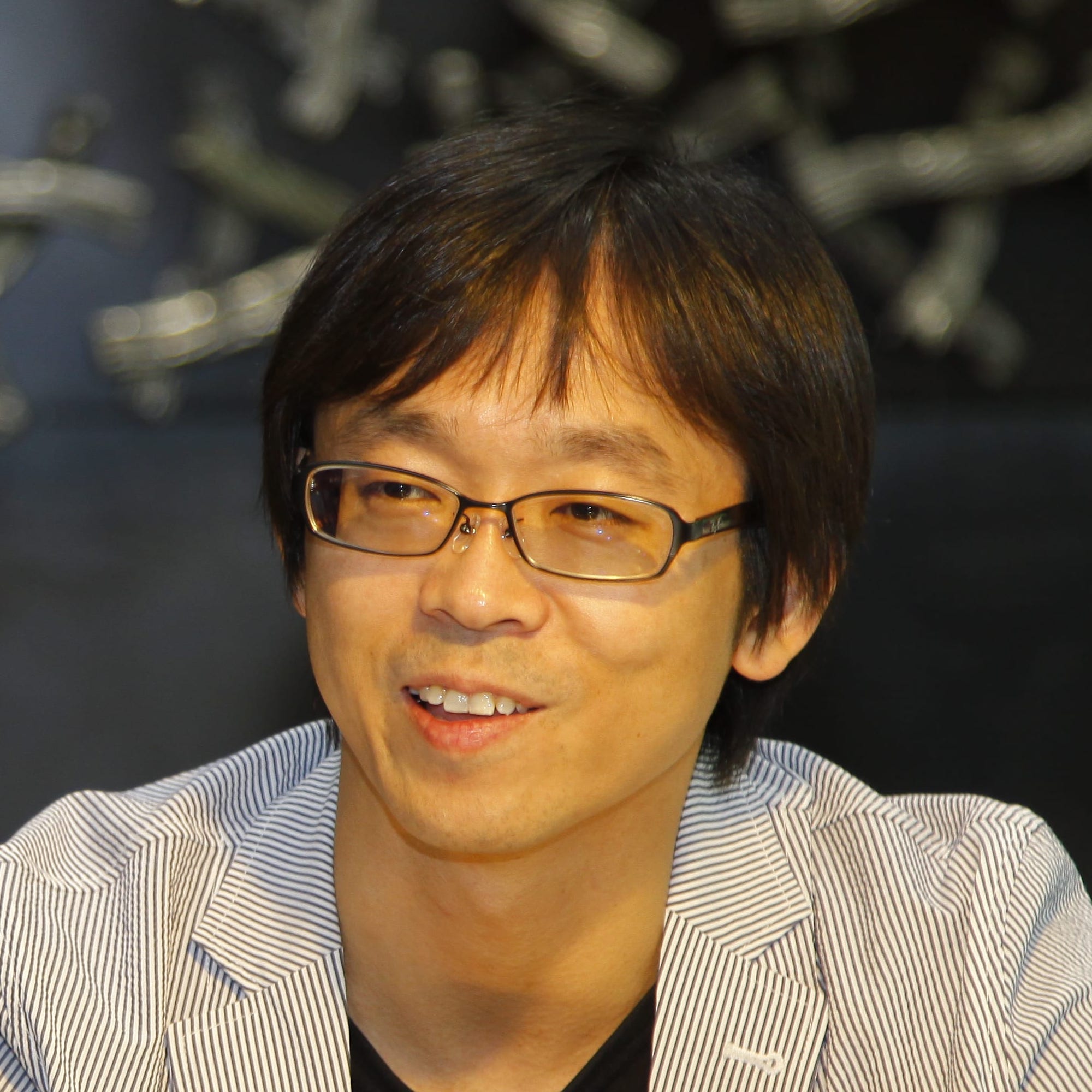
Drug discovery
Noriki Kutsumura
-
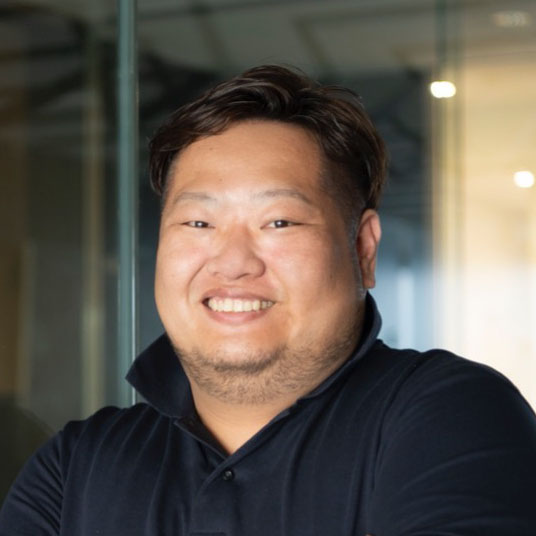
Drug discovery
Tsuyoshi Saitoh
-
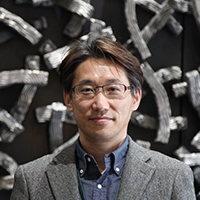
Human sleep
Tomohiro Okura
-
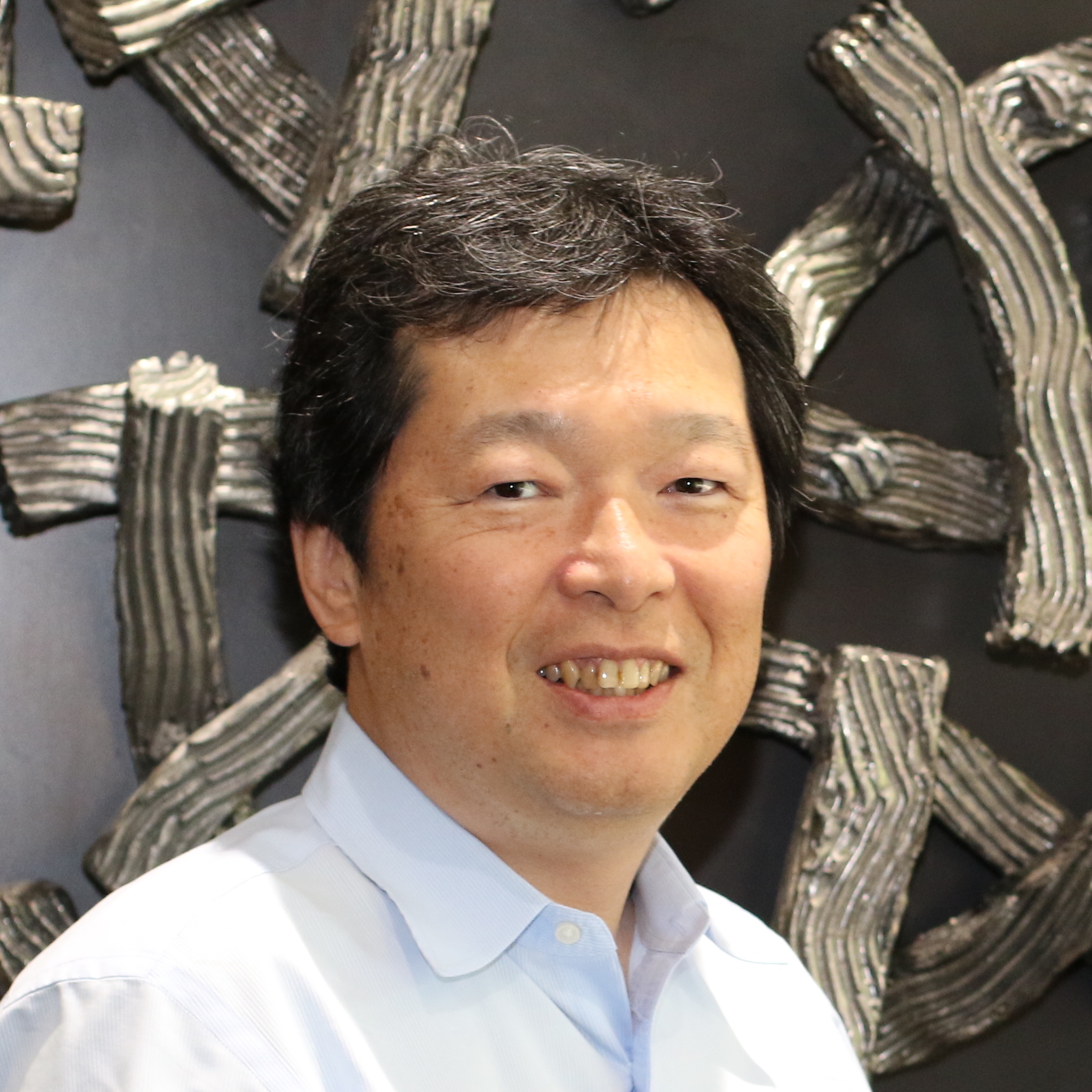
Human sleep
Takashi Kanbayashi
-
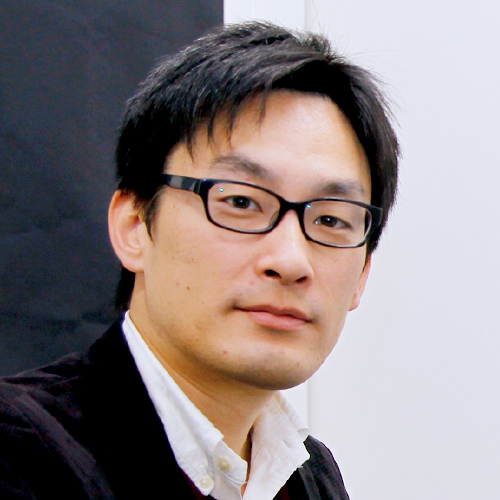
Human sleep
Takashi Abe
-
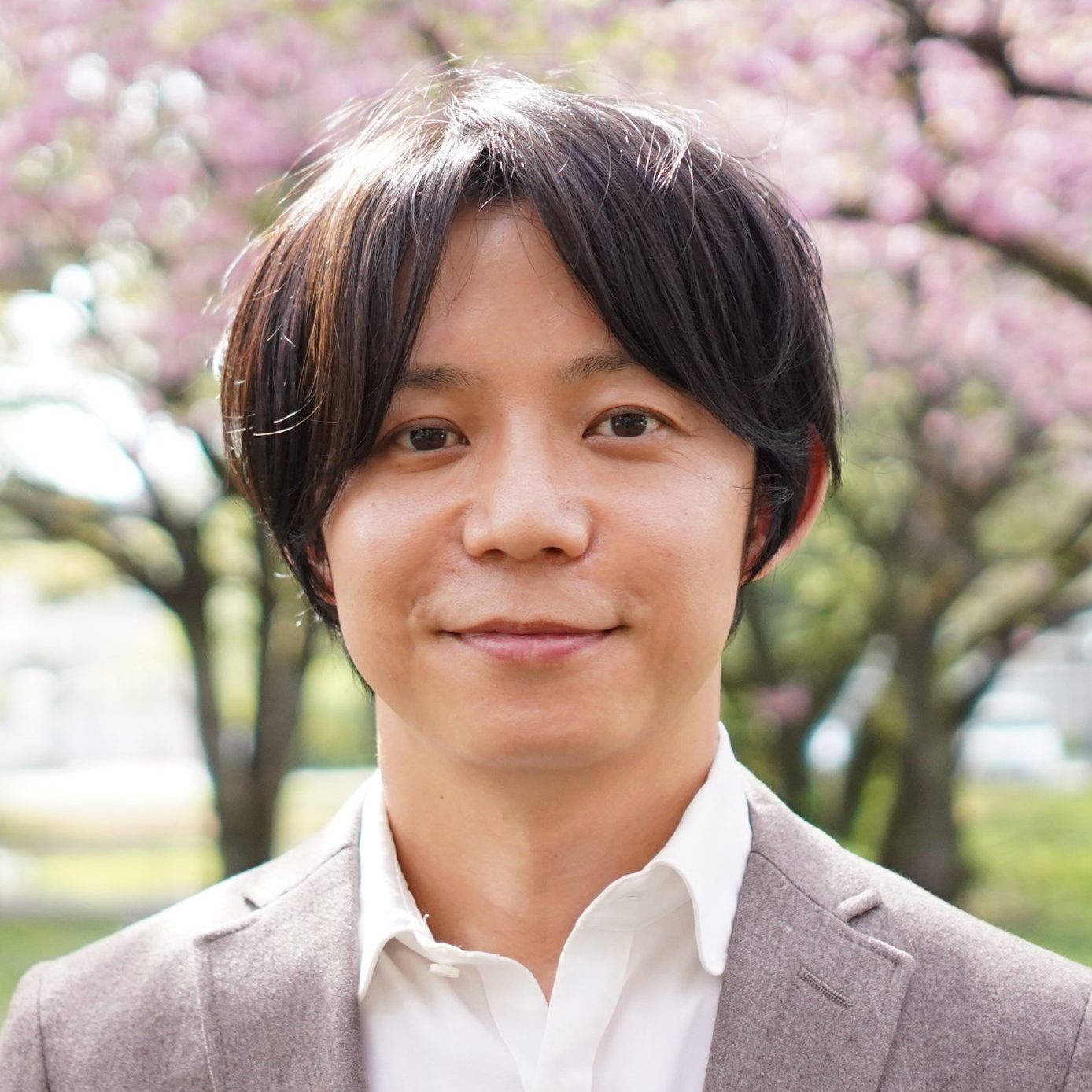
behavioral science
Shun Nakajima
-

Data Science
Hiroyuki Kitagawa
-

Data Science
Shoi Shi
-
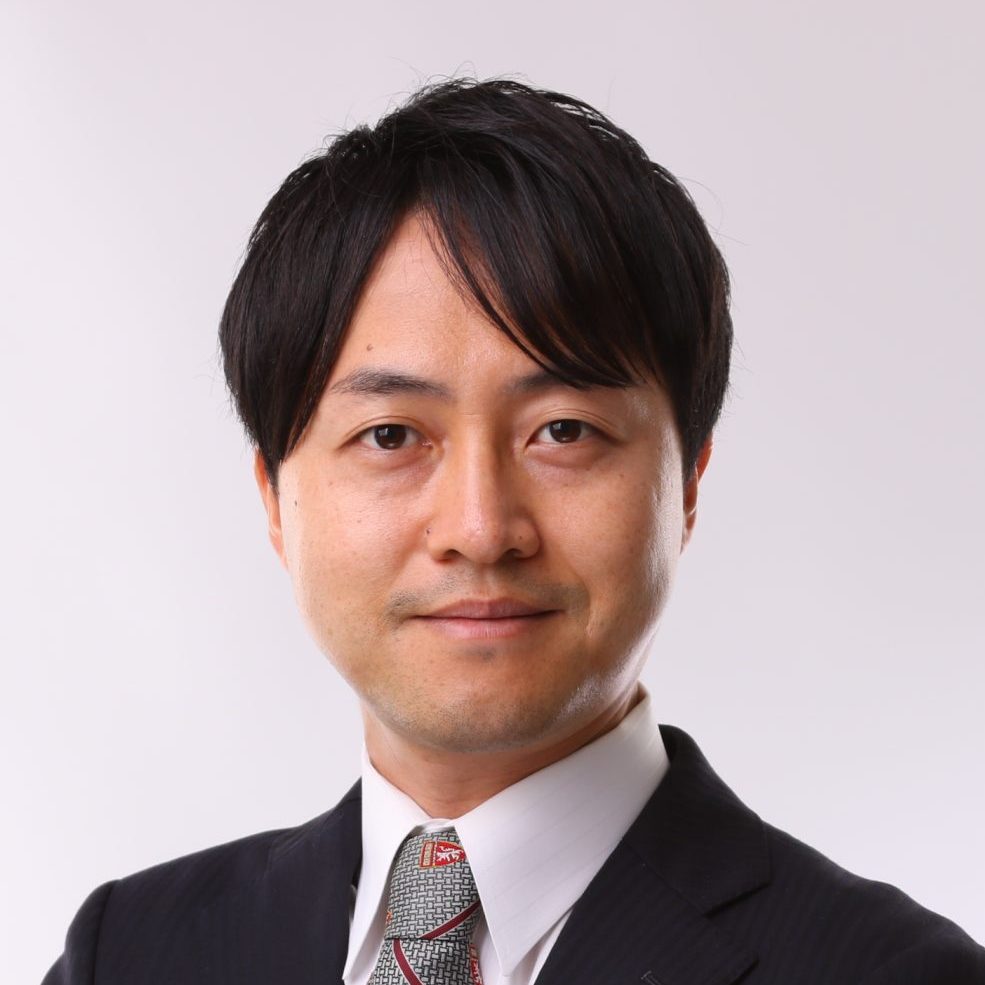
Data Science
Masao Iwagami
